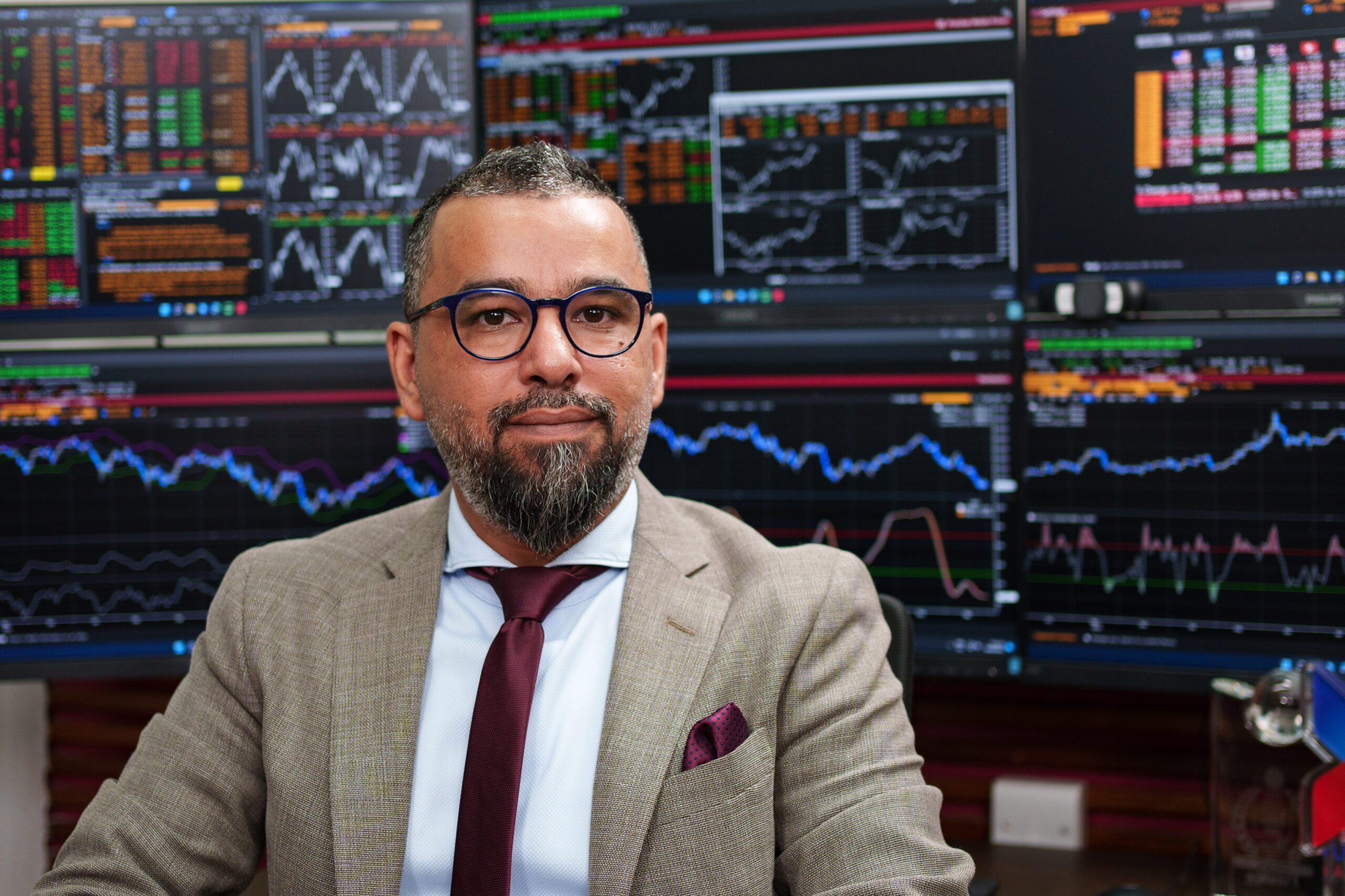Mohammed AlMariri, certified technical analyst (CMT) and Regional Manager – MENA at Orbex, in an exclusive discussion with fintechview, shares his insights on the global trade tensions and how the was could impact the world economy.
How the recent war could affect the world economy and worsen global trade tensions?
The Israel-Hamas conflict has the potential to impact the world economy and escalate global trade
tensions due to disruptions in the region, much like any war, political issue, or even geopolitical issues.
This impact is not limited to the rise in oil and commodity prices, as we have witnessed, but extends to
an increase in uncertainty about supply chains. This is particularly significant given that the geographical
location of the conflict zone is very close to the routes taken by most supply companies, such as the
Suez Canal, for instance.
How conflicts can affect the economy?
In addition to the mentioned impacts, there are other effects that could harm the economy, such as: Investor Confidence: Geopolitical tension may lead to increased uncertainty and reduced investor
confidence. Investors may become more cautious, impacting financial markets and the flow of capital.
Humanitarian Costs: Besides economic factors, there are humanitarian costs associated with conflicts.
These include population displacement, destruction of infrastructure, and increase in the flow of
refugees, potentially weakening regional resources.
Global Economic Sentiment: The conflict’s visibility in the media can influence consumer and business
confidence on a global scale. Negative perceptions may lead to decreased spending and investment.
Diplomatic and Trade Relations: Depending on the involvement of various nations, diplomatic and trade
relations may be strained, affecting international cooperation and economic partnerships.
How did people’s reactions to the conflict affect the economy?
Many consumers worldwide opted to boycott food and consumer products produced by companies
that are in support of a particular side of the conflict. This has a negative impact on the stocks of these
companies in the medium and long term if the boycott continues. Additionally, calls have emerged on
social media urging people to withdraw funds from banks as a means of pressuring governments that
support a particular side of the conflict. This is a serious matter, especially considering the challenges
many banks face globally due to rising interest rates.
Who is who
Mohammed ALMariri ,Regional Manager – MENA at Orbex is a certified technical analyst (CMT) ,a
member of the American Market technician Association (MTA) and holds a International Financial
Broker from The Economic Academy. Mohamed has been involved in the financial markets since 2001
and he held several different positions in local and international financial brokerage, he joined Orbex
team in 2010.
Mohammed Al-Mariri has provided a lot of economics’ trading courses and reports that explain the
financial markets movement. He shares his experience with many audiences at trading exhibits and
investing confluences. Moreover, he has honored with many certificates as an appreciation of his
achievement.
Follow Mohammed on twitter @m_maririo or through Orbex’s Market Research & Technical analysis
for live updates

